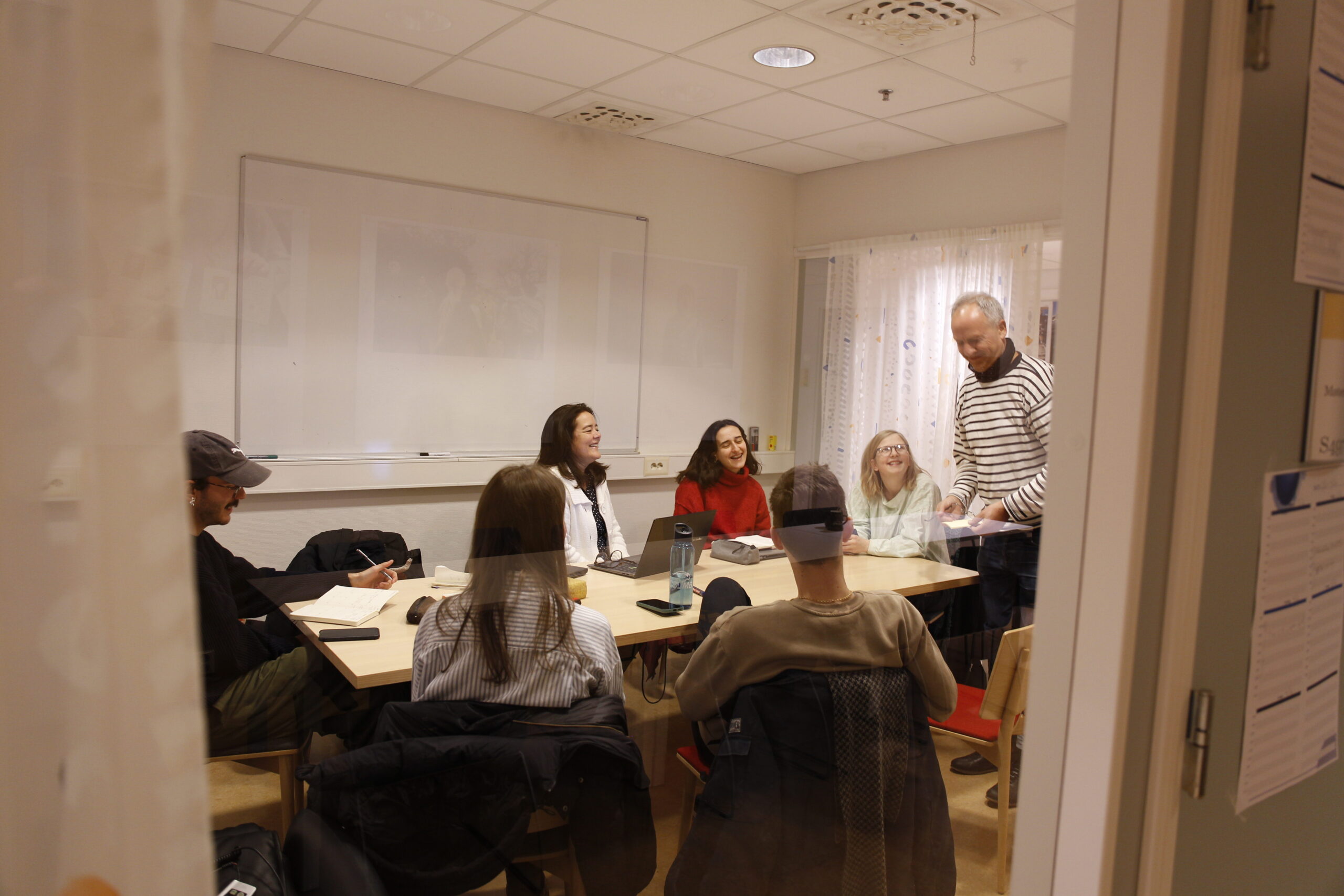ESCS launches ebook on climate journalism for students
The climate literacy ebook Covering Climate: A Handbook for Future Journalists was recently launched as part of the project Climate Journalism Goes to the University: A Cross-Border Project, developed in partnership between the School of Communication and Media Studies of the Polytechnic University of Lisbon (ESCS-IPL) and Oslo Metropolitan University (OsloMet) in Norway.
The handbook, which is already available online (and will also be published in Portuguese and Norwegian), was “designed to fill a significant gap in climate change education”, reads the ebook’s presentation.
“This guide was designed specifically for young journalism students, to serve as a kind of gateway to climate journalism, which can sometimes seem too complex,” explains ESCS professor Vera Moutinho, coordinator of the project “Climate Journalism goes to University” and co-author of the guide, together with Ingerid Salvensen, journalist and professor at OsloMet.
The guide begins by suggesting five steps to “dive into climate journalism” and includes tips from journalists who have been working in this area. It also presents online resources, such as platforms with rigorous information, training courses and other professional tools.
The production of the ebook itself sought to respect principles of environmental responsibility, exploring sustainable graphic design practices, seeking to “combine functionality, resource efficiency and a clean aesthetic”.
Climate literacy in journalism students training
This guide is an outcome of the bilateral project “Climate Journalism Goes to the University: A Cross-Border Project” between Portugal (ESCS-IPL) and Norway (OsloMet), which ran throughout 2024.
The main goals of the project were to strengthen training in climate journalism and reduce regional educational disparities in this area.
As part of the project, team members of the two partners visited each other in Oslo and Lisbon and carried out fieldwork together. They also held masterclasses and a seminar to deepen knowledge about climate journalism and its challenges and to develop professional skills for effective and informed journalistic coverage of the climate crisis.
A multimedia report on environmental and social sustainability in Oslo, by two Portuguese students, was also published in the Azul section of Público, a Portuguese newspaper.
This project was funded by EEA Grants and had the support of the UNESCO Chair in Communication, Media and Information Literacy and Citizenship at ESCS-IPL.
Fernanda Bonacho, professor at ESCS, coordinator of the UNESCO Chair and member of the Climate Journalism project team, underlines that, “in a time of rapid climate change and constant evolution of information, future journalists have the mission of being reliable sources of information, contributing to the literacy about the environmental ecosystem and to fostering citizens’ responsibility in building a sustainable world”.

